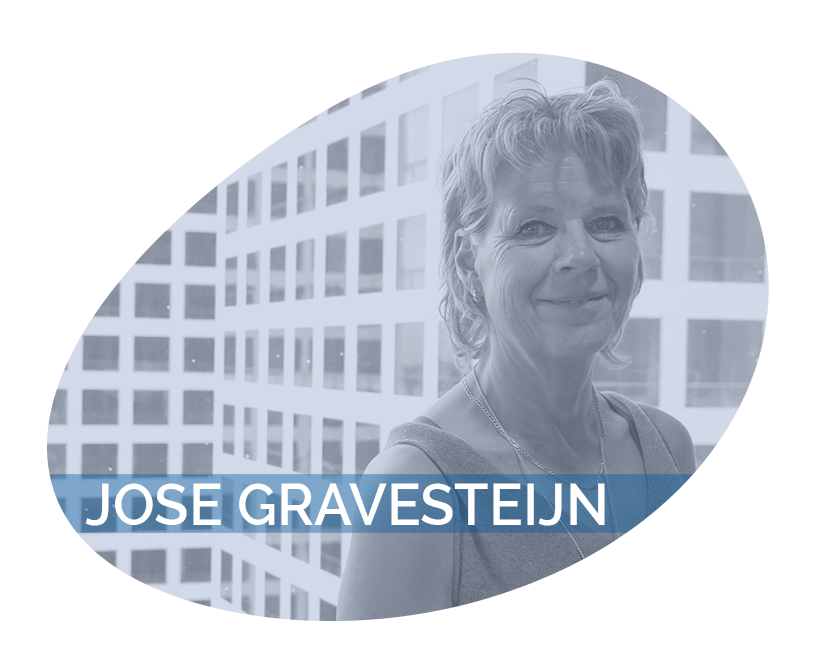Costs and benefits of re-integration policies for detainees: an exploratory study
Costs and benefits of re-integration policies for detainees: an exploratory study
The purpose of reintegration policy is that after release from prison, convicts adopt a normal life, find a job and do not fall back into their old habits. However, adopting such a lifestyle is not easy for many former convicts. Partly, this has to do with practical problems. If after release from prison a person does not have an income and a house, he will be tempted to seek help with his old friends, which would result in a renewed life of crime. Therefore, re-integration policy partly exists of practical help to ensure that former convicts have a home and an income. However, this is not enough as many convicts must deal with debts, psychiatric problems and addiction. Both during and after imprisonment interventions are needed to solve or at least reduce these problems.
If these measures increase the chance of employment and reduce recidivism, this could have substantial benefits for society in the form of savings on benefits and judicial costs as well as additional income tax revenues. Particularly, the savings on detention costs are potentially high.
This paper explores the possibilities for a social cost-benefit analysis of reintegration policies for detainees in the Netherlands. First, it provides a conceptual framework that contains the relevant costs and benefits as well as the intervention logic of these policies. Then it attempts to estimate several benefits by combining outcomes of the evaluation literature and data about the life course of former detainees after their release from imprisonment. A life course is a series of subsequent periods of: (i) employment, (ii) out of employment and not imprisoned, with a benefit, (iii) out of employment and not imprisoned, without a benefit and (iv) imprisonment. Finally, it provides estimates of the policy costs. However, the information on which the estimates are based contains many gaps and uncertainties. At the end of the paper we present several recommendations on how these gaps and uncertainties can be removed or at least substantially reduced.
Download
Details
Expertise
Labour
Social security
Contact
ABOUT SEOR
SEOR is an independent social economic research organisation linked to the Erasmus School of Economics and provides research and advisory services to both public and private sector clients worldwide.
CONTACT
- Address:
- Rotterdam Science Tower
Marconistraat 16, 11th floor
3029 AK Rotterdam - Telephone:
- +31 (0)10 302 0500
- Email:
- seor-secr@seor.eur.nl
NEWSLETTER
Subscribe to our newsletter by filling in this form:




